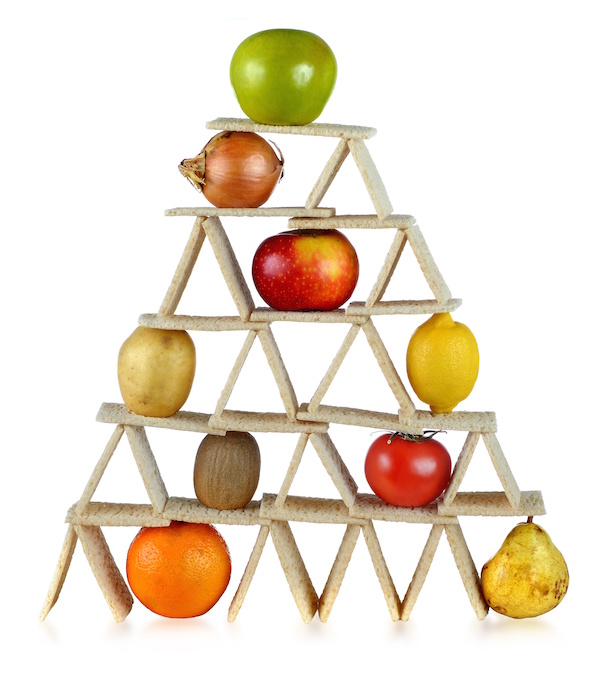
FRIDAY, Feb. 24 (HealthDay News) — Many young children from low-income families drink too much juice, new research shows.
To fight childhood obesity and tooth decay, the American Academy of Pediatrics recommends children aged 6 and under consume only one serving of juice — even 100 percent fruit juice — each day. In the University of Michigan C.S. Mott Children’s Hospital National Poll on Children’s Health, however, it was found that about 50 percent of kids in low-income families drink twice that amount.
The poll asked parents of all income levels how much juice their children consumed each day. Overall, 35 percent of parents reported their children between the ages of 1 and 5 years old drank two or more cups of juice on any given day.
Nearly half of the parents with household incomes less than $30,000 per year said their children drank two or more cups of juice daily. In contrast, just 23 percent of parents with household incomes of $100,000 or more reported their children drank that much juice.
“Both childhood obesity and early dental problems are more prevalent in lower-income children, so the children we’re most worried about in terms of these conditions are also those who are drinking the most juice,” Sarah Clark, associate director of the Child Health Evaluation and Research Unit at the University of Michigan and associate director of the National Poll on Children’s Health, said in a university news release. “For many obese children, sugary beverages make up a large proportion of their daily energy intake.”
The study authors pointed out that parents may encourage their children to drink juice so they consume the recommended amount of fruit each day.
“Parents who give their child juice as a healthy alternative may actually be feeding them nearly as much sugar as soda,” Clark said. “Parents may think juice is an easy way for their child to get a serving of fruit, but it’s often difficult to pick out 100 percent fruit juice amid the sugar-sweetened juice drinks.”
The findings also revealed that 35 percent of low-income parents said their doctor recommended juice.
“This is an important message for health care providers as well as parents,” Clark said. “Doctors need to be very specific in letting parents know that whole fruit is the best way to have a child get recommended servings of fruit, and that fruit juice should be limited to no more than one serving per day for kids 6 years and younger.”
More information
The American Academy of Pediatrics provides more information on kids and fruit juice.

